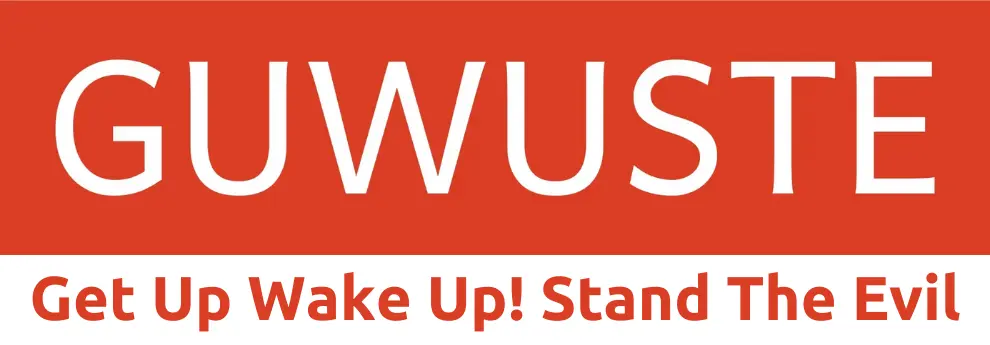The UN's Global Grand Plan:
27 Jun 2024
- Share:

The UN's Global Grand Plan: "Algorithmic Censorship"
Can the United Nations impose restrictions on freedom of expression under the pretext of combating "misinformation and hate speech"?
The United Nations has launched a new censorship initiative, the "Global Principles for Information Integrity", aimed at combating so-called misinformation, disinformation and hate speech. Spearheaded by UN Secretary-General Antonio Guterres, the plan reflects solutions to the concerns of totalitarian nation-states and offers approaches strengthened by the authority of the UN and Guterres.
Is Misinformation and Hate Speech Really Dangerous?
United Nations Secretary-General António Guterres has called for urgent action to address the harm caused by dangers such as misinformation, disinformation and hate speech. While Guterres did not specify the details of these dangers, he claimed to offer a clear roadmap forward, with strict adherence to human rights, including the rights to freedom of expression and opinion, at a time when billions of people are exposed to misleading narratives, distortions and lies. According to Guterres, these principles are vital for democracy, human rights, public health and climate action.
Algorithmic Censorship and Demonetization: Solution or Problem?
The solutions proposed by the United Nations include algorithm manipulation, content labeling and monetization blocking. These methods aim to better regulate social media platforms and online dialogues. However, such monitoring tools can impose serious restrictions on freedom of expression. While Secretary-General Guterres has argued that these measures will strengthen human rights, there are concerns that censorship could jeopardize fundamental freedoms.
The Role and Legitimacy of the UN
The United Nations is an institution with the mission of maintaining world peace and strengthening international cooperation. The fact that it is taking steps to monitor social media platforms and online dialogues as a new initiative is a complete departure from the UN's core mandate. This raises important questions about the legitimacy of the organization and its founding purpose. The uncertainties about how the UN will implement and finance such a monitoring mechanism are also noteworthy.
Advertisers and For-Profit Companies
United Nations Secretary-General António Guterres emphasizes the importance of technology companies and advertisers not funding disinformation and hate speech. However, it is unclear how these profit-driven companies will respond to the UN's calls. Due to the tendency of advertisers and tech companies to protect their profits, they are likely to resist such regulations. This could make this UN initiative a failure.
In conclusion, the United Nations' "Global Principles for Information Integrity" initiative aims to combat misinformation, disinformation and hate speech. However, the initiative faces challenges such as limiting freedom of expression, undermining the authority of the UN and opposition from for-profit companies. In this context, there are significant doubts about the effectiveness and necessity of this UN move. This article provides a political critique of this new UN initiative and discusses the potential risk of chaos.
This article addresses critical issues that every individual who values the dignity and freedom of humanity should be aware of, while also highlighting the "invincibility" of those who work against humanity.but rather to expose the fact that they and their collaborators will never achieve their goals against humanity unless people allow them to do so. Not allowing them will be the beginning of bad news for them.
Guwuste com
Arise and warn! And stop the evil!
Our readers can use the content without permission, provided that they cite the source...






